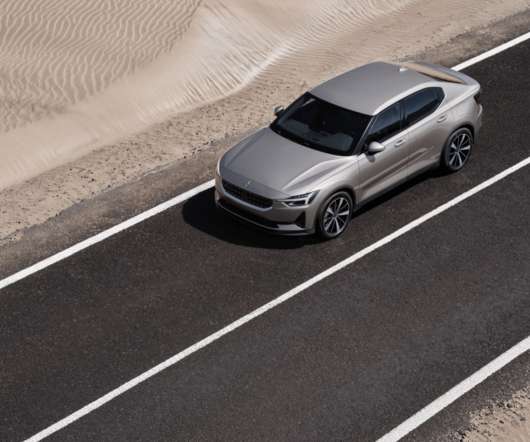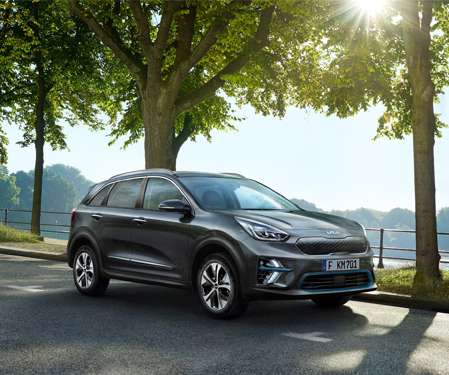World Bank/ICCT report provides guidance to reducing black carbon emissions from diesels in developing countries
Green Car Congress
APRIL 14, 2014
Black carbon has been found to be second to carbon dioxide in terms of its climate forcing. Black carbon is 3,200 times more effective on a mass-equivalent basis than carbon dioxide in causing climate impacts within 20 years, and 900 times more effective within 100 years. Source: Minjares et al., data from Facanha et al. Earlier post.)












Let's personalize your content